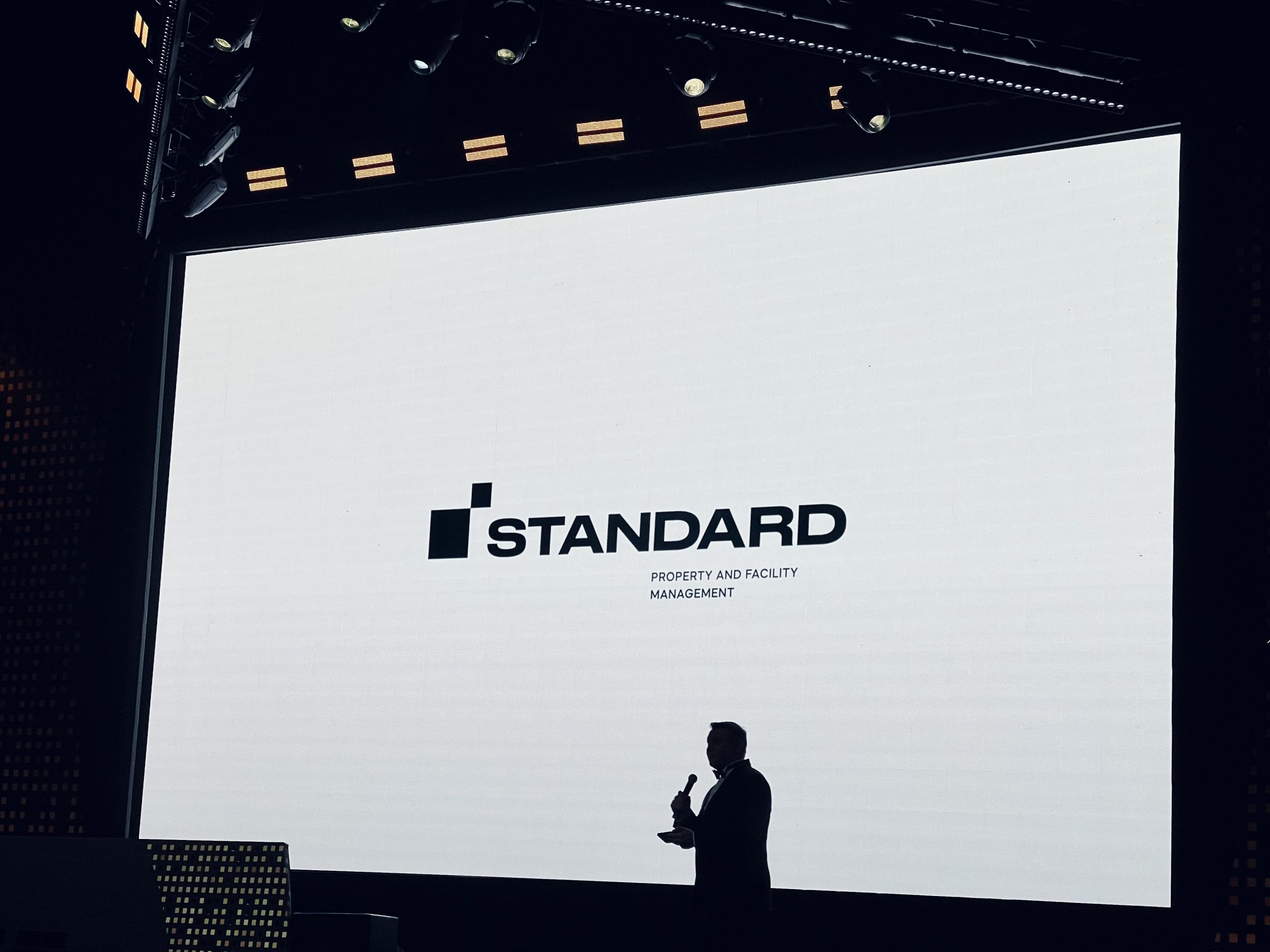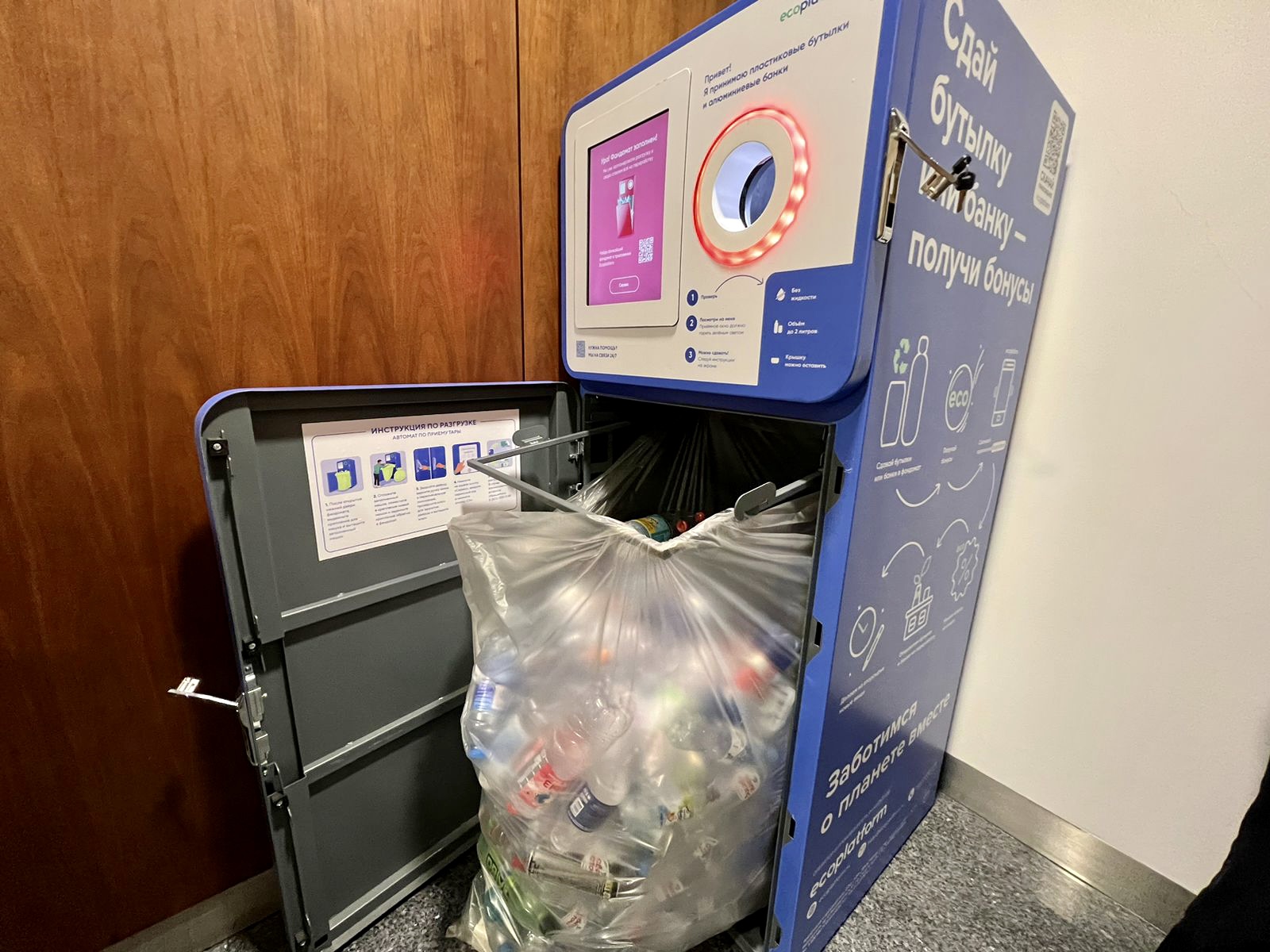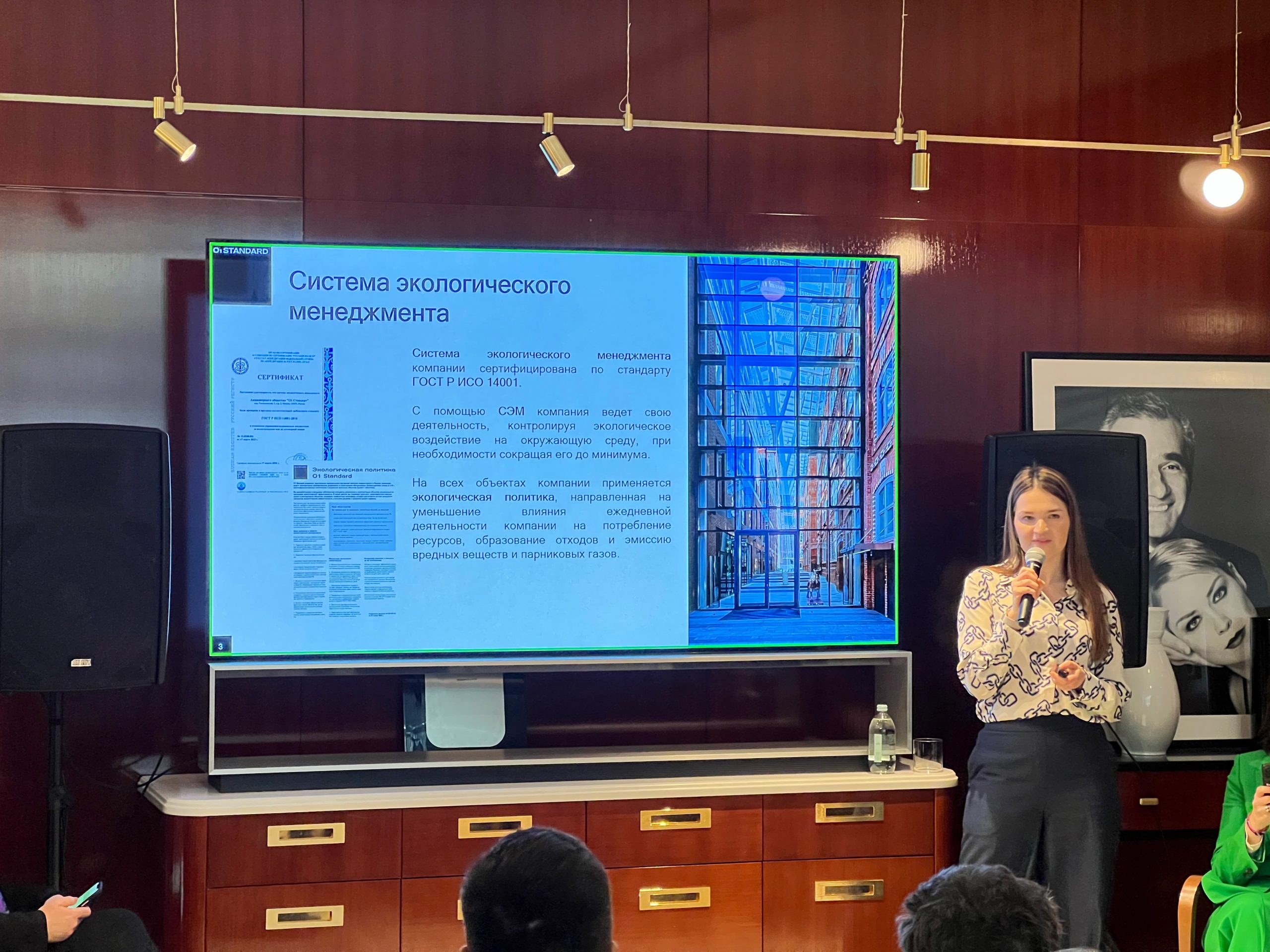An effective management company (MC) selection tender requires more than an evaluation of a company’s presentation and its commercial offer; one should pay attention to the nuances that will help to avoid unpleasant mistakes as early as at this stage.
DETAILED TERMS OF REFERENCE
The tender must begin with detailed terms of reference. The owner’s task is to describe in detail the features of the facility and to list the work that he expects the management company to do. Obviously, the maintenance of a single building with a fully automated control system or a group of buildings with a spacious green area, several entrances and no BMS are completely different types of work that are incomparable in terms of the number of personnel, and are therefore priced differently.
Having a detailed TOR at the tender stage reduces the risk of additional costs in the future, when it turns out that the owner and the MC see the management functions differently.
DEGREE OF INVOLVEMENT IN THE TENDER
The desire of the MC to conduct a preliminary inspection of the facility should be an important criterion for the owner. This may seem obvious, however, not all MCs actually inspect the facility before submitting their bid; some prefer to conduct an inspection only at the second stage of the tender, when the shortlist has already been formed and a detailed discussion of the project is underway.
Personal acquaintance demonstrates an interest and a professional attitude. Everything is an evaluation criterion at this point – from the questions asked by the management company to the appearance of its representatives.
The composition of the group at the meeting can also say a lot about the management company’s interest in working with the owner. In particular, is the MC presenting the specific staff members who will work at the facility? A company may win a tender, and then go out into the labor market to find employees. However, reliable, tested staff is 90% of an MC’s success.
If the MC presents a specific team, it’s important for it to include at least a chief engineer and a manager. In that case the owner can ask them specific questions, i.e., how do they envision the building, where will they start, have they already worked with similar facilities? A lot of people often lose major points at this stage, since the absence of experience and lack of knowledge on the subject become obvious at once.
Finally, the participation of management in the tender process and their presence at the company’s presentation are also positive indicators of a company’s interest and willingness to demonstrate its flexibility.
The tender may be a closed one, when all management companies send in envelopes with their proposals and are not personally present at any point. In that case, the only selection criterion is the price, but this approach is fraught with problems in the future. Building management is not a standardized service; it requires discussion and involvement of future participants in the process.
THE STAKES AND FINANCIAL TRANSPARENCY
Of course, everyone is concerned with the budget. However, the cheapest offer shouldn’t always be your first choice. Price dumping is common, but in the end, it leads to lower management and service quality: a decrease in planned preventive works and the number and qualifications of personnel on site, reduction of service plans. If the owner understands the long-term consequences of poor-quality service, additional agreements need to be concluded at the operation stage and the final price of the contract will increase. The next issue is financial transparency. Some companies implement an open-book system: actual costs are shown for all types of work, including procurement and outsourcing of certain types of services, and the company’s remuneration is shown separately. In a closed system, the owner only sees the final figure without a detailed breakdown, which makes it impossible to understand how much money will be spent on maintenance, and how much will go to the management company. It may be verbally agreed that certain works are included in the budget, but it may then turn out that some important things were not included. Offers of this type are usually cheaper, and many owners opt for the fixed price, expecting to benefit from it.
The open-book system allows the owner to understand what the management company will do on its own, and what will require hiring contractors. At the same time, check all the chains: request copies of contracts and acts for the MC’s previous work and initial contractor paperwork. If the management company is willing to disclose such details as its employees’ salaries at the future facility, it is a big plus that speaks of its honesty and professionalism.
It is also important to examine a company’s willingness to work on a post-payment basis. Only financially stable companies can afford to work on such terms, and this is also an absolute plus.
ADDITIONAL BENEFITS
The presence of a stand-by emergency team on the management company staff. Everyone is always striving to optimize costs, particularly last year, when business center occupancy has dropped sharply. Few management companies want to keep their staff on overnight or weekend shifts. Therefore, the availability of mobile repair and emergency teams that can move from site to site in the event of an accident is a great advantage for an MC.
Ability to adapt to a rapidly changing environment. In 2020, everyone had to pass the flexibility test: the endlessly emerging new requirements posed by Rospotrebnadzor, the Ministry of Emergency Situations, the Association of Administrative and Technical Inspections, etc. Clearly, management companies capable of responding quickly and flexibly to all external factors have a better chance. How can you tell that a company is efficient? During the team presentation, ask to provide specific examples of their work at specific facilities, and get feedback from the owners (how quickly and how problems were solved).
Company publicity. If a management company is visible on the market and in the media, its representatives speak at professional conferences and forums, that’s a definite plus. It’s vital for a management company not only to do its job well, but to maintain continuous brand awareness in the market, and for its representatives to act as speakers and experts at important industry events and exhibitions.
Creativity in the tender process. It is also very important, but almost impossible to demonstrate in the “envelope-type” tender. With a “live” tender, management companies can compete in quality of video presentations (and, as we know, “gift packaging is half the gift”), in their non-trivial approaches to drafting an offer, tasks, etc. However, impressive creativity should not replace the rational selection criteria.
Attitude towards uniforms. Whose logo will the management company’s staff display on their uniform: that of the business center, the management company, or the smaller contractor company? It may seem like a trifle, but it is, in fact, an important issue. The task of the management company is to do its job well and unnoticeably, so the diversity of uniforms and logos is not a sign of the company’s professionalism. A flexible approach to uniforms is also a plus for the tender participant, if required by the owner.
Willingness to change contractors. If the owner insists on this, the MC must be able to compromise. This is especially true for building owners with long-standing and established relationships with proven contractors. Flexibility, adaptability, the desire and ability to compromise and concede in certain matters are the most important working qualities today.





